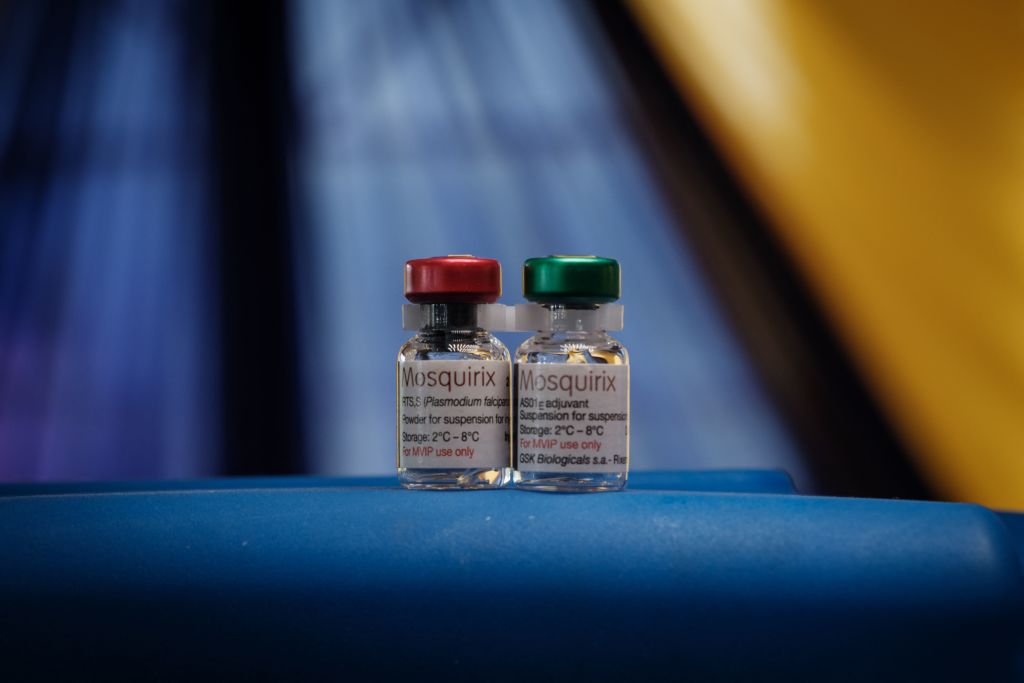Apigenin promotes apoptosis of 4T1 cells through PI3K/AKT/Nrf2 pathway and improves tumor immune microenvironment.

PMID:
Toxicol Res (Camb). 2024 Feb ;13(1):tfae011. Epub 2024 Jan 25. PMID: 38283821
Abstract Title:
Apigenin promotes apoptosis of 4T1 cells through PI3K/AKT/Nrf2 pathway and improves tumor immune microenvironment in vivo.
Abstract:
The 2022 US Cancer Statistics show that breast cancer is one of the most common cancers in women. Epidemiology has shown that adding flavonoids to the diet inhibits cancers that arise in particular women, such as cervical cancer, ovarian cancer, and breast cancer. Although there have been research reports on apigenin (API) and breast cancer, its anti-tumor effect and potential mechanism on breast cancer have not yet been clarified. Therefore, in this study, we used 4T1 cells and a 4T1 xenograft tumor mouse model to investigate the antitumor effect of API on breast cancer and its underlying mechanism. In vitro, we used MTT, transwell, staining, and western blotting to investigate the inhibitory effect of apigenin on 4T1 and the underlying molecular mechanism. In vivo by establishing a xenograft tumor model, using immunohistochemistry, and flow cytometry to study the inhibitory effect of apigenin on solid breast tumors and its effect on the tumor immune microenvironment. The results showed that API can induce breast cancer cell apoptosis through the PI3K/AKT/Nrf2 pathway and can improve the tumor immune microenvironment in mice with breast tumors, thereby inhibiting the growth of breast cancer. Thus, API may be a promising agent for breast cancer treatment.




